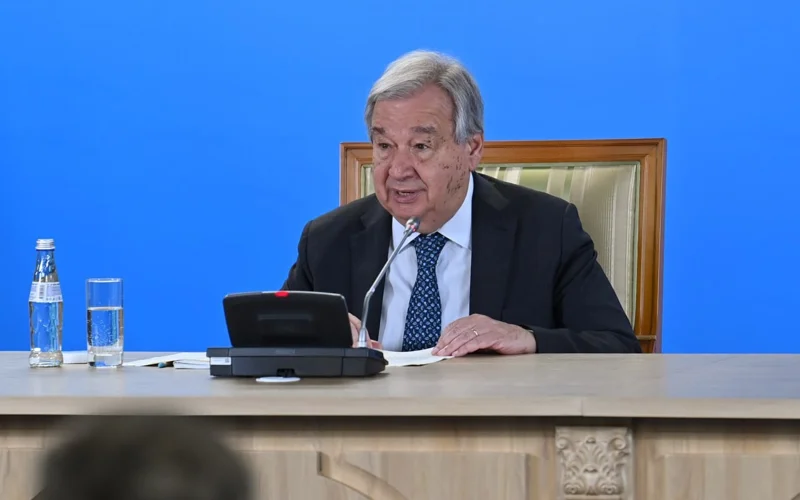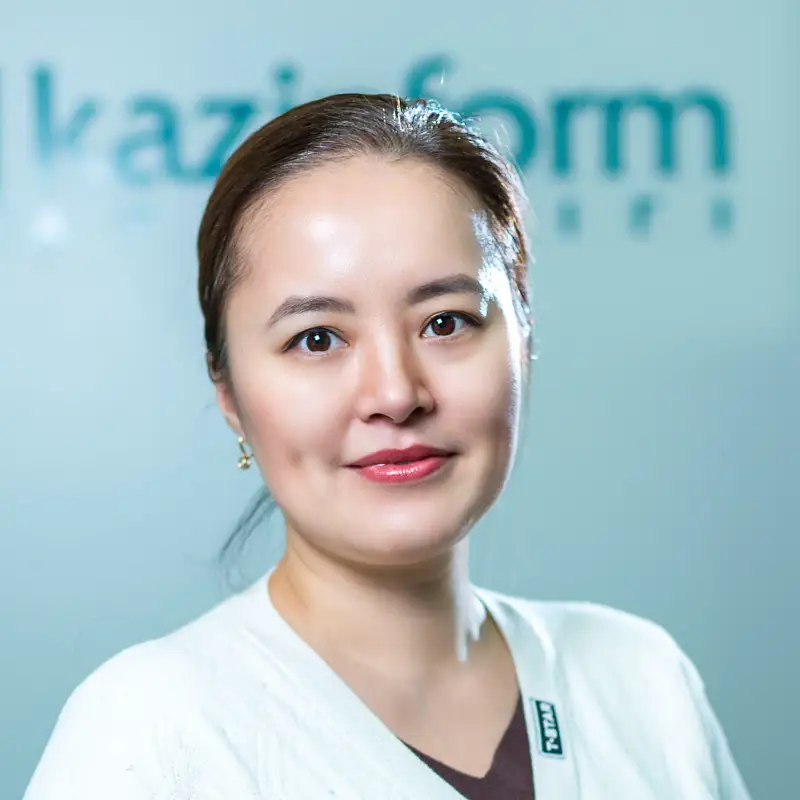UN Regional Center opening marks new era of cooperation in Central Asia - António Guterres
Taking the floor at the UN Regional Center in Almaty, António Guterres expressed gratitude to all those present and said that the opening of the Center marks the beginning of a new chapter for the region on the path to achieving the Sustainable Development Goals, Kazinform News Agency learned from the Akorda press service.

António Guterres said the opening of the Center symbolizes a new era of cooperation in Central Asia, which is based on common priorities and joint solutions.
In his opinion, the Center has great potential to demonstrate how strong ties between the leaders of the region can lead to deeper economic integration.
He also commended the vision and leadership of President Tokayev, "who is helping to shape a new image of Central Asia, called to play an increasingly significant role in the global order.”
The UN Secretary General also said that he was glad to be in Almaty to attend the opening of the UN Regional Center on the eve of the 3rd UN Conference on Landlocked Developing Countries to be held in Turkmenistan.
He expressed confidence that the Center can become an important innovator in the implementation of the Action Program for such states.
"Today we can say with confidence: Kazakhstan is no longer a landlocked country. Thanks to automobile and railway corridors, fiber-optic networks, Kazakhstan has become the center of the global trade system, world logistics, transport and telecommunications. Your country is truly a bridge. A bridge between East and West, North and South,” António Guterres stressed.
In conclusion, the UN Secretary General praised Kazakhstan's domestic and foreign policy.
He pointed out that Kazakhstan is a place where representatives of diverse ethnic and religious groups come together in pursuit of a shared future.
He also reminded of Kazakhstan’s historic decision to renounce nuclear weapons, "which transformed the country into a global symbol of peace and disarmament, a message that is more relevant today than ever."
